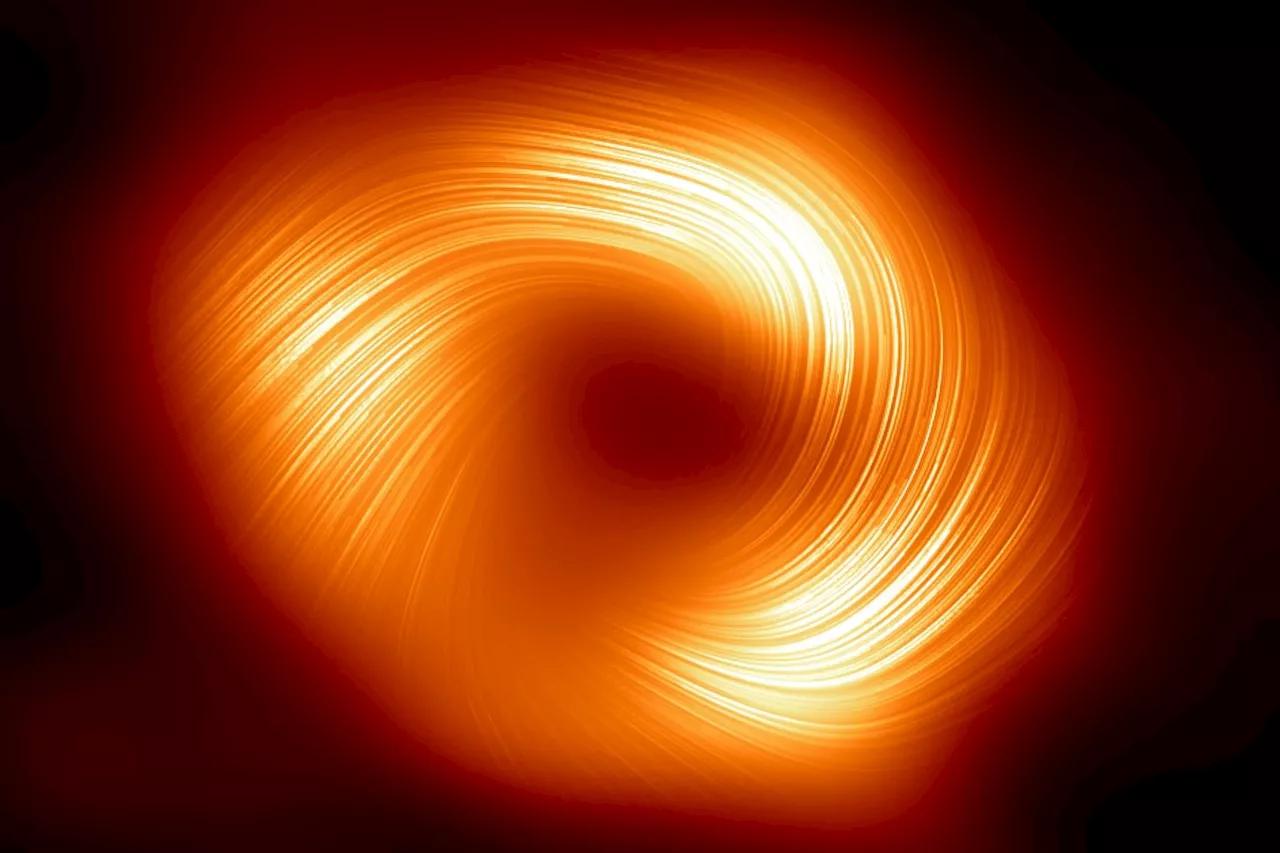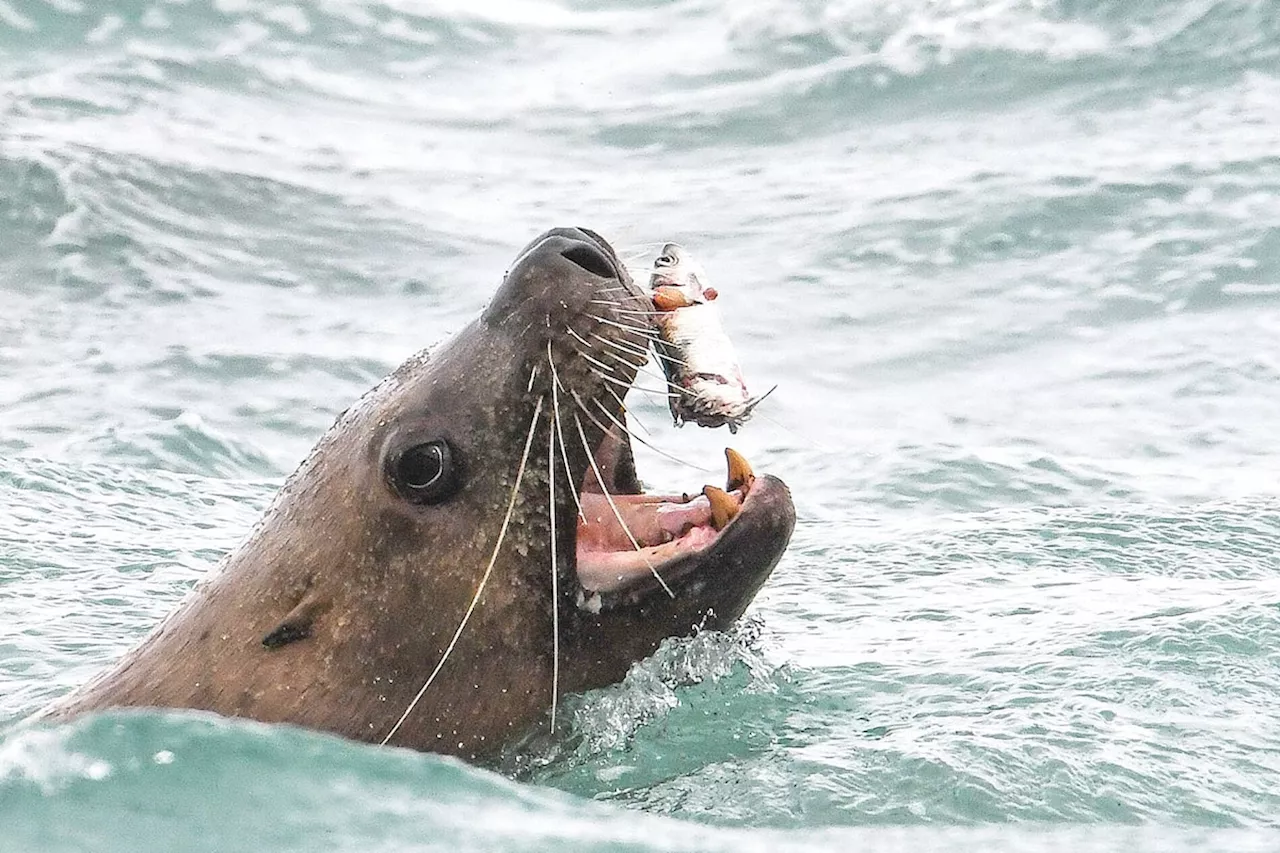Researchers found a cluster of about 60 stars orbiting the Milky Way galaxy
An international team of scientists led by University of Victoria astronomers have discovered an ancient group of stars orbiting our own galaxy.
“It is either the faintest ancient star cluster known to date, or the faintest and closest known dwarf galaxy ever discovered,” said Simon Smith, a PhD student at the university and the lead author of the recent Astrophysical Journal paper describing the find, in a news release. “Being able to detect such a tiny system, with only about 60 stars, speaks for the quality of the data that the team had to work with.
Canada Latest News, Canada Headlines
Similar News:You can also read news stories similar to this one that we have collected from other news sources.
 Twisted magnetic field observed around Milky Way’s central black holeThe magnetic field around the black hole enables it to launch powerful jets of material into space, researchers say
Twisted magnetic field observed around Milky Way’s central black holeThe magnetic field around the black hole enables it to launch powerful jets of material into space, researchers say
Read more »
 Satellite imaging helps researchers chart the future of B.C.’s herringScientists looking to pinpoint factors contributing to healthy herring populations and otherwise
Satellite imaging helps researchers chart the future of B.C.’s herringScientists looking to pinpoint factors contributing to healthy herring populations and otherwise
Read more »
 Orca group seen hunting ocean's largest predators: researchersA group of unidentified oceanic killer whales sighted approximately 300 km west of Monterey Bay, California on Jan. 23, 2020. University of British Columbia researchers say the pod of 49 orcas could belong to a unique oceanic population found near California and Oregon.
Orca group seen hunting ocean's largest predators: researchersA group of unidentified oceanic killer whales sighted approximately 300 km west of Monterey Bay, California on Jan. 23, 2020. University of British Columbia researchers say the pod of 49 orcas could belong to a unique oceanic population found near California and Oregon.
Read more »
 As more people choose the single life, researchers ask: are they happier?Psychologists say happiness doesn’t depend on your relationship status.
As more people choose the single life, researchers ask: are they happier?Psychologists say happiness doesn’t depend on your relationship status.
Read more »
 McMaster University prof among winners of $100,000 prize for Canada’s top researchersGerry Wright, a professor at Hamilton's McMaster University, was one of five scholars announced Tuesday to each receive the cash award.
McMaster University prof among winners of $100,000 prize for Canada’s top researchersGerry Wright, a professor at Hamilton's McMaster University, was one of five scholars announced Tuesday to each receive the cash award.
Read more »
 McMaster U prof among winners of prize for Canada's top researchersGetting food poisoning while travelling overseas gave an internationally renowned Canadian scientist some harrowing insights into antimicrobial resistance, the very topic that his decades of related research have now earned him a $100,000 Killam Prize.
McMaster U prof among winners of prize for Canada's top researchersGetting food poisoning while travelling overseas gave an internationally renowned Canadian scientist some harrowing insights into antimicrobial resistance, the very topic that his decades of related research have now earned him a $100,000 Killam Prize.
Read more »
